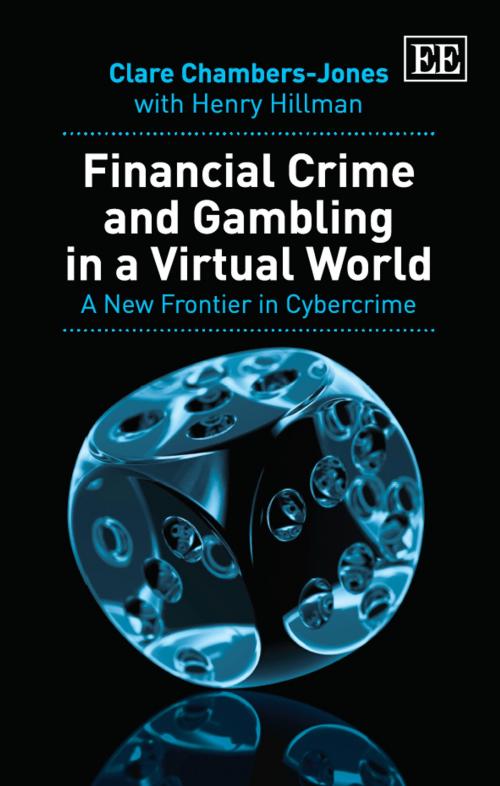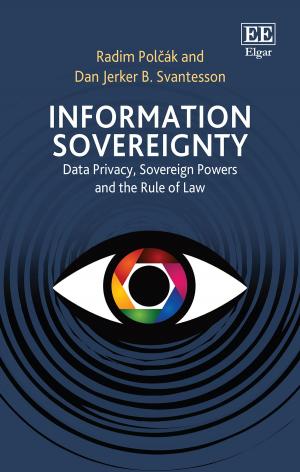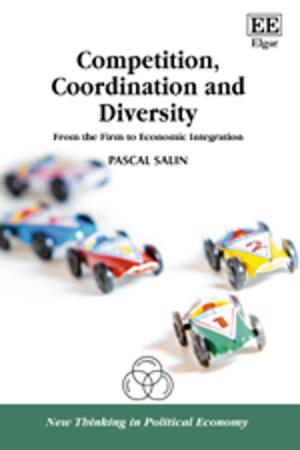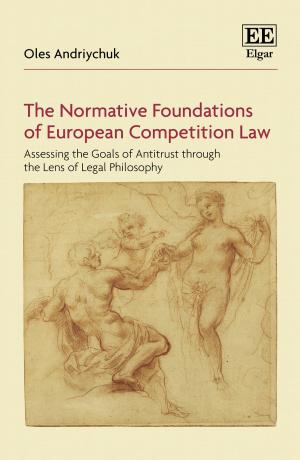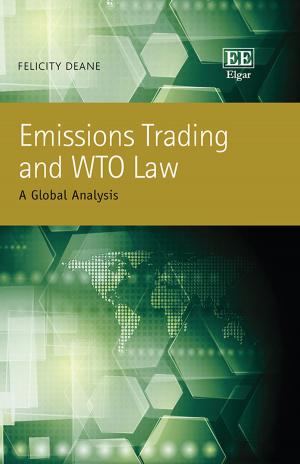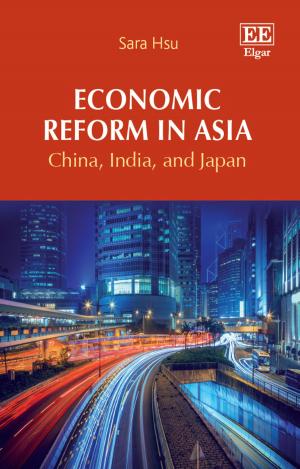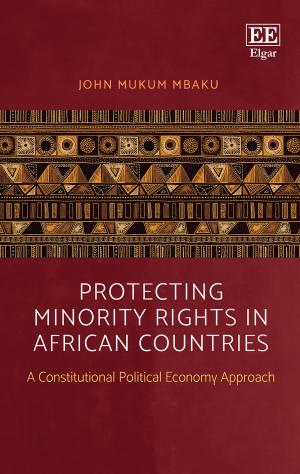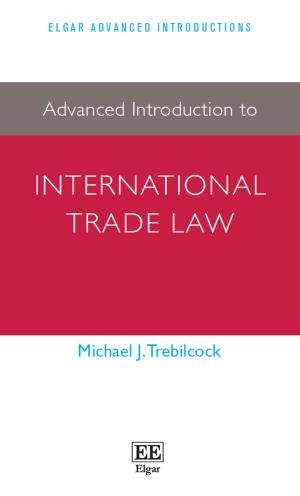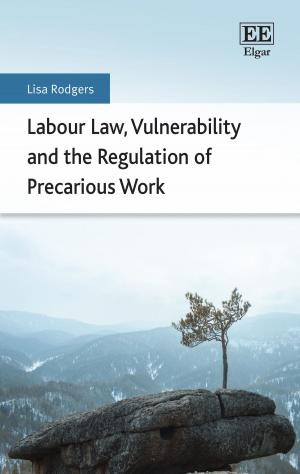Financial Crime and Gambling in a Virtual World
A New Frontier in Cybercrime
Nonfiction, Reference & Language, Law, Communications, Business| Author: | Chambers-Jones, C., Hillman, H. | ISBN: | 9781782545200 |
| Publisher: | Edward Elgar Publishing | Publication: | December 15, 2009 |
| Imprint: | Language: | English |
| Author: | Chambers-Jones, C., Hillman, H. |
| ISBN: | 9781782545200 |
| Publisher: | Edward Elgar Publishing |
| Publication: | December 15, 2009 |
| Imprint: | |
| Language: | English |
‘Virtual currencies, particularly crypt-currencies, have been identified as potential money laundering and terrorism financing instruments due to their ability to transfer money anonymously and instantaneously over the globe. Governments and regulators have also recognized the need to more closely monitor and track virtual currency purchases and accounts to avoid the industry being exploited for money laundering or terrorism financing purposes, as explained in this book. The broad overview of various international legal approaches attempting to address this issue would be a great resource for legal and anti-money laundering or counter terrorism financing graduate students, scholars and practitioners interested in virtual currencies research.’ Raymond Choo, University of South Australia‘This book is a comprehensive, highly detailed review of cybercrime and the issues raised by gambling in virtual environments. It makes an excellent contribution to the evolving discussion about the risks and controls relating to these activities. I would highly recommend it to anyone interested in financial crime and virtual environments from an international perspective.’ Liz Falconer, University of the West of England, UKIn this unique book, the authors examine the relationship between real world legislation and new advancements in technology, showing how this can lead to loopholes in legislative protection. They draw on empirical research to highlight the jurisprudential issues relating to economic internet crime and digital currencies. Advancements in technology have seen gambling behaviour transverse a new path. The law has not kept pace with such advances, leaving grey areas of concern undiscussed and unregulated.The authors provide a critical discussion on laws relating to gambling in virtual worlds, commenting that terms such as ‘virtual’ or ‘fantasy’ are unhelpful in promoting effective legislation. The discussion reveals how virtual world gambling can lead on to other criminal acts within virtual worlds, and specifically examines the notion of cybercrime, economic internet crime and the problems associated with digital currencies. The book concludes by presenting the case for joined up national and international legislation to tackle virtual world crimes effectively. This distinctive study will appeal to researchers and advanced students with an interest in cybercrime, economic internet crime and virtual economies. Practitioners, policy-makers and law enforcement officers will find this book informative in promoting suitable legislation to encompass new technologies in economic crime.
‘Virtual currencies, particularly crypt-currencies, have been identified as potential money laundering and terrorism financing instruments due to their ability to transfer money anonymously and instantaneously over the globe. Governments and regulators have also recognized the need to more closely monitor and track virtual currency purchases and accounts to avoid the industry being exploited for money laundering or terrorism financing purposes, as explained in this book. The broad overview of various international legal approaches attempting to address this issue would be a great resource for legal and anti-money laundering or counter terrorism financing graduate students, scholars and practitioners interested in virtual currencies research.’ Raymond Choo, University of South Australia‘This book is a comprehensive, highly detailed review of cybercrime and the issues raised by gambling in virtual environments. It makes an excellent contribution to the evolving discussion about the risks and controls relating to these activities. I would highly recommend it to anyone interested in financial crime and virtual environments from an international perspective.’ Liz Falconer, University of the West of England, UKIn this unique book, the authors examine the relationship between real world legislation and new advancements in technology, showing how this can lead to loopholes in legislative protection. They draw on empirical research to highlight the jurisprudential issues relating to economic internet crime and digital currencies. Advancements in technology have seen gambling behaviour transverse a new path. The law has not kept pace with such advances, leaving grey areas of concern undiscussed and unregulated.The authors provide a critical discussion on laws relating to gambling in virtual worlds, commenting that terms such as ‘virtual’ or ‘fantasy’ are unhelpful in promoting effective legislation. The discussion reveals how virtual world gambling can lead on to other criminal acts within virtual worlds, and specifically examines the notion of cybercrime, economic internet crime and the problems associated with digital currencies. The book concludes by presenting the case for joined up national and international legislation to tackle virtual world crimes effectively. This distinctive study will appeal to researchers and advanced students with an interest in cybercrime, economic internet crime and virtual economies. Practitioners, policy-makers and law enforcement officers will find this book informative in promoting suitable legislation to encompass new technologies in economic crime.
